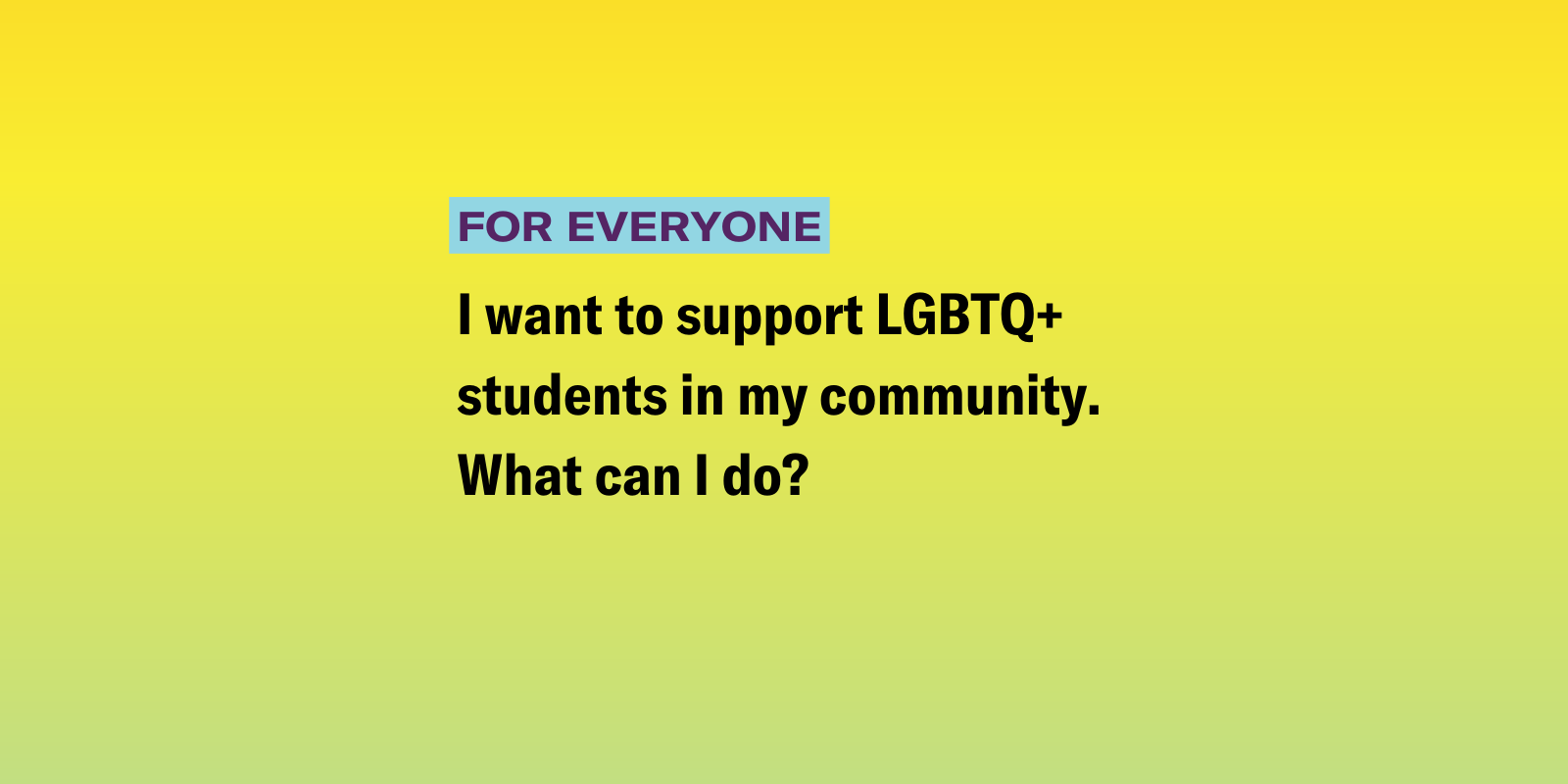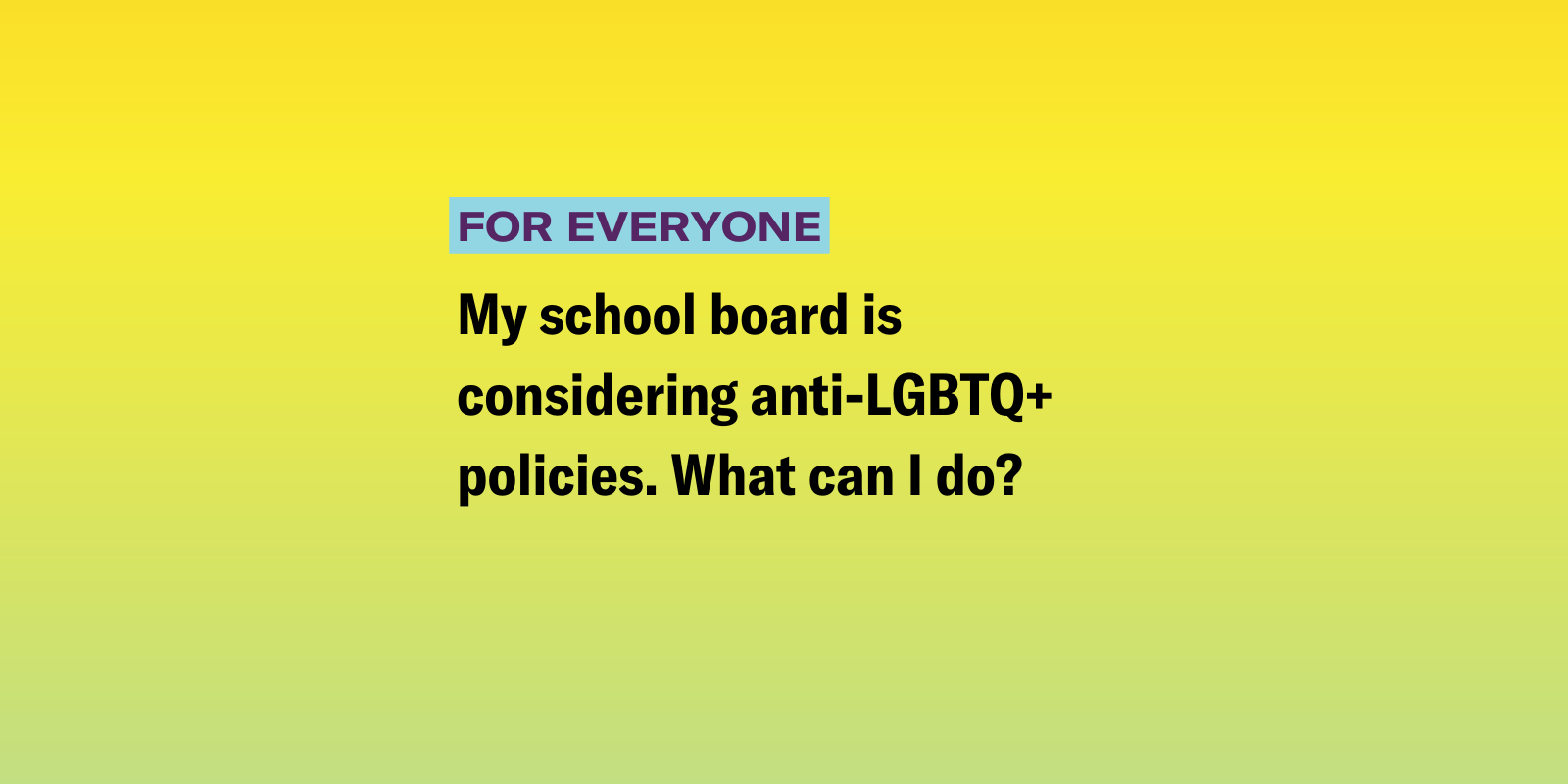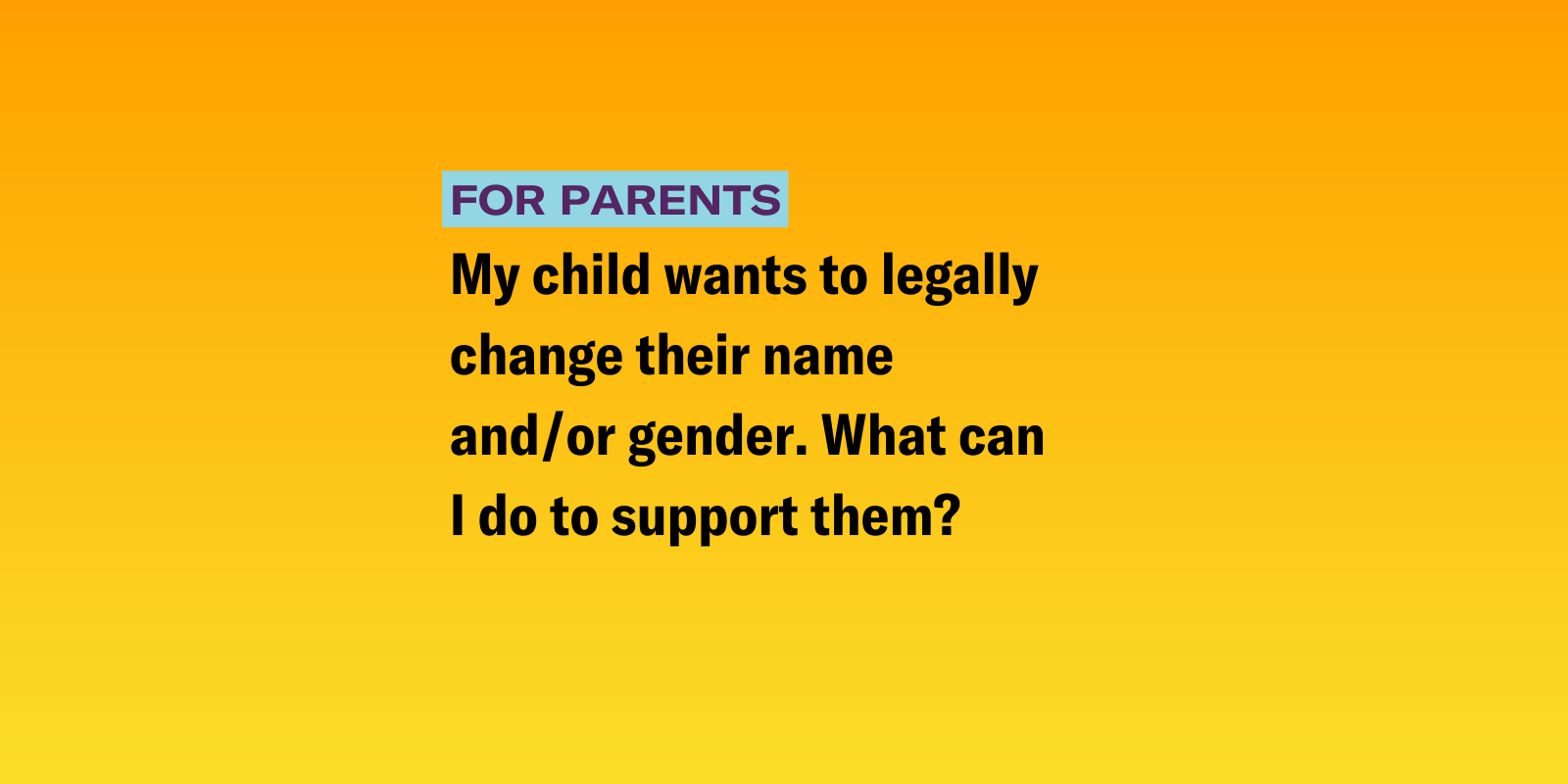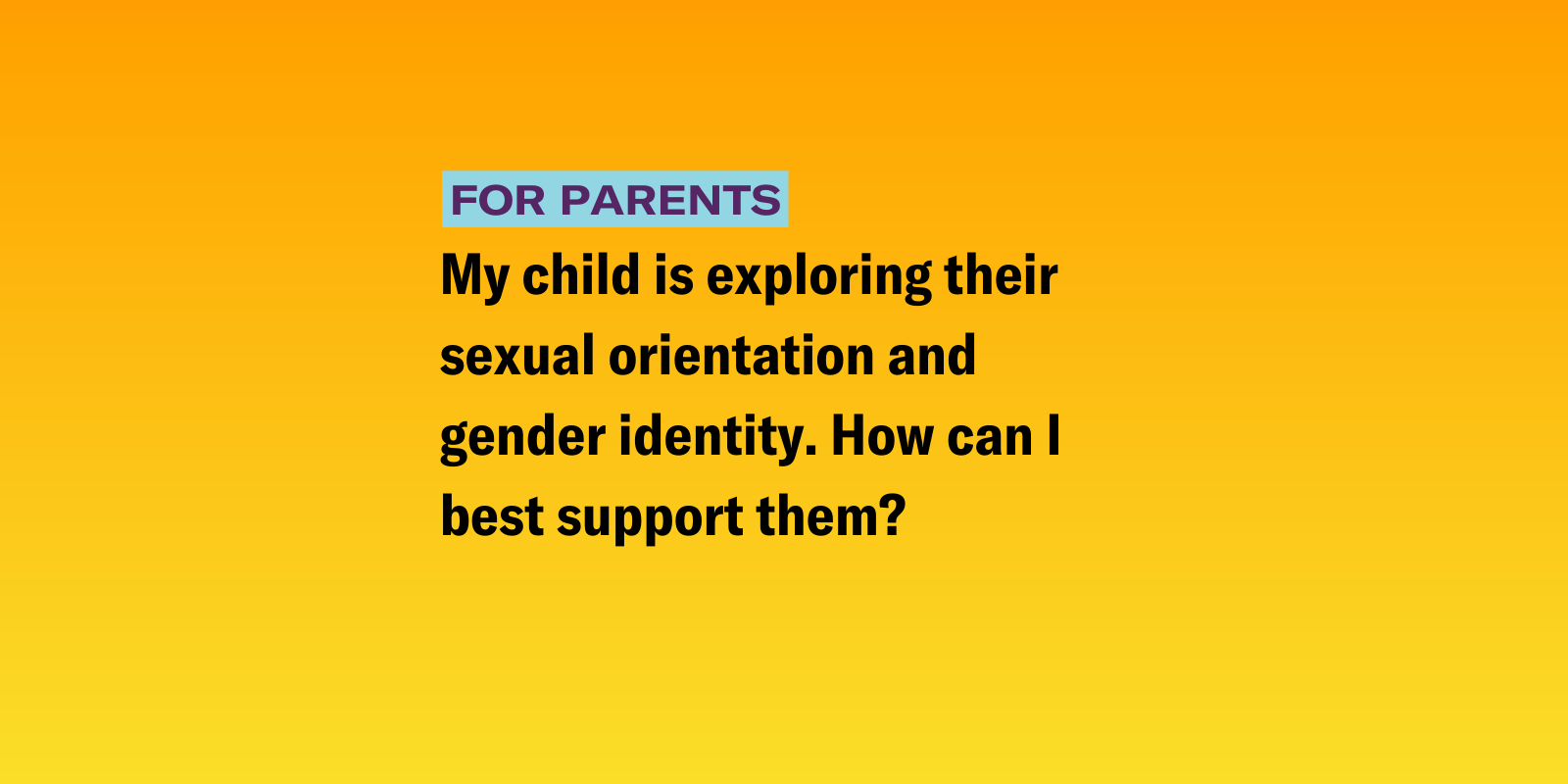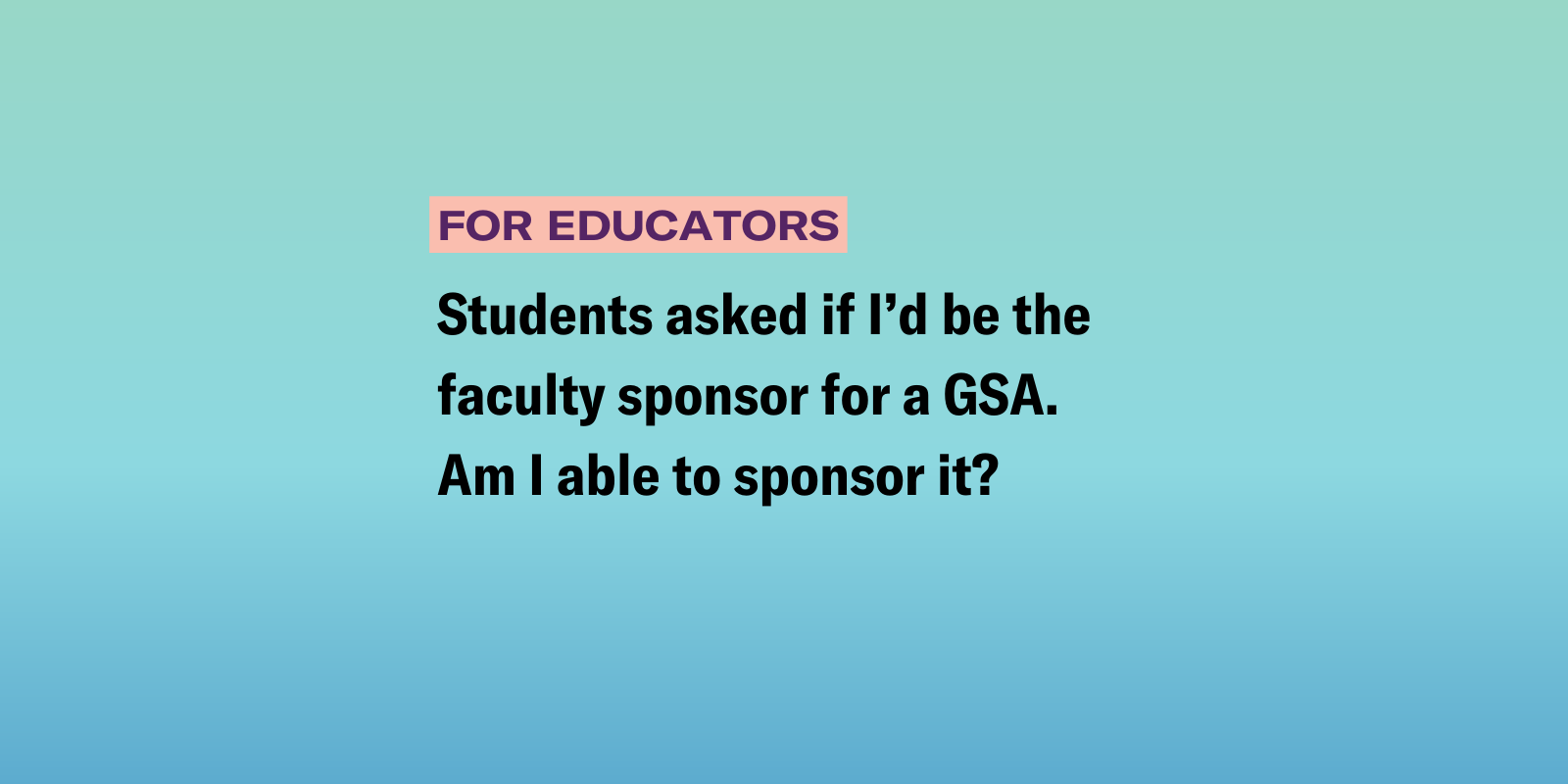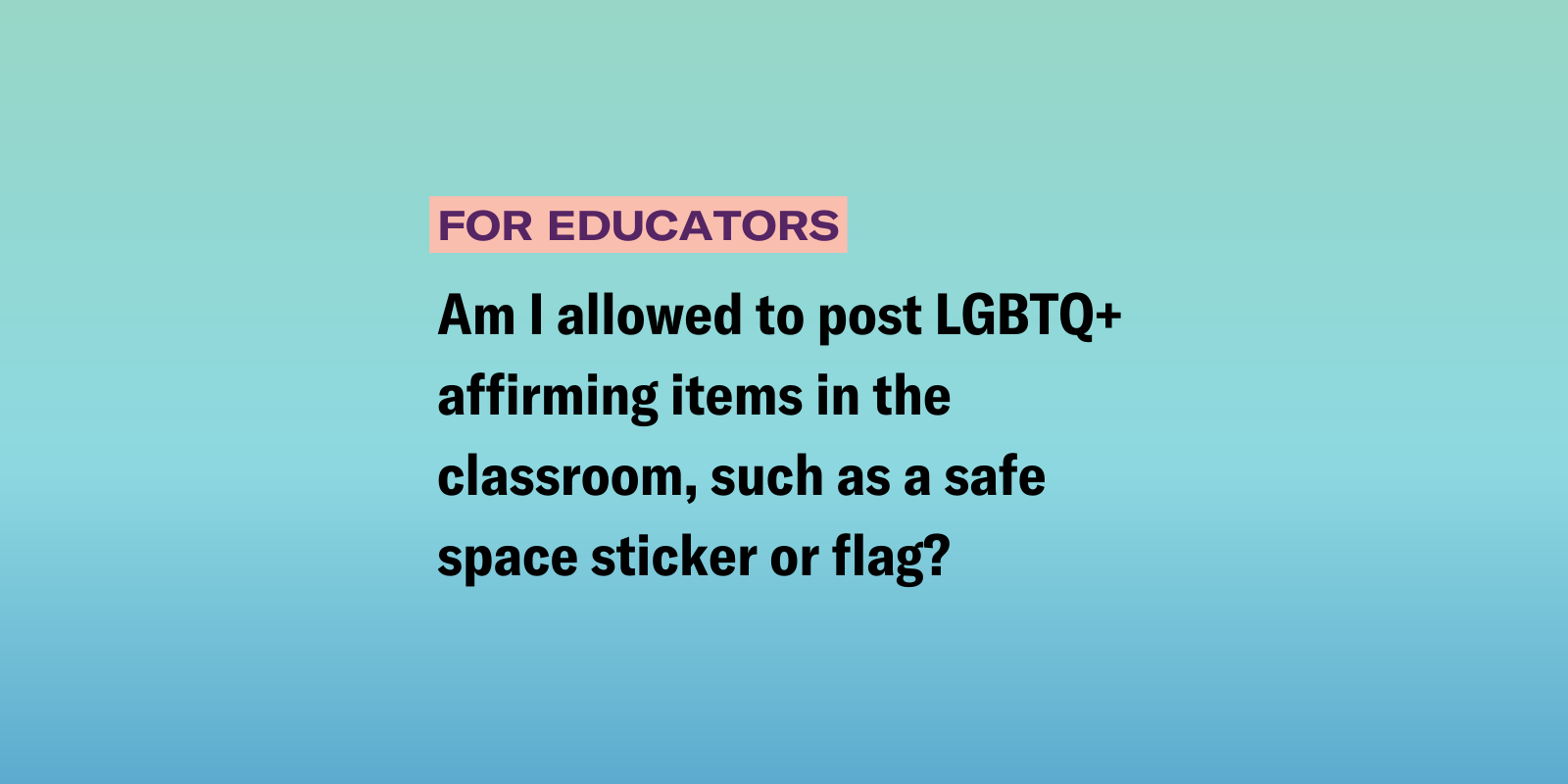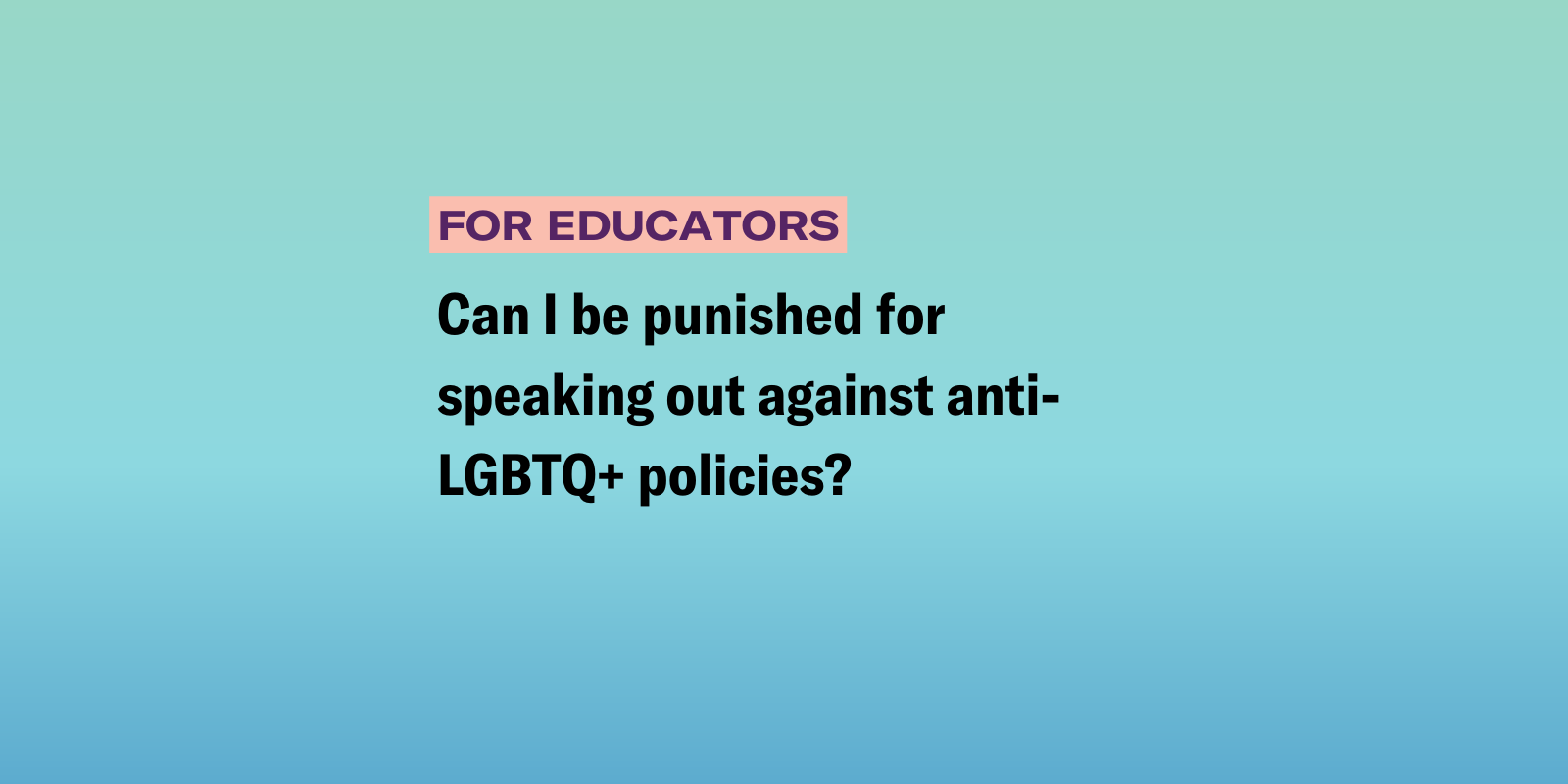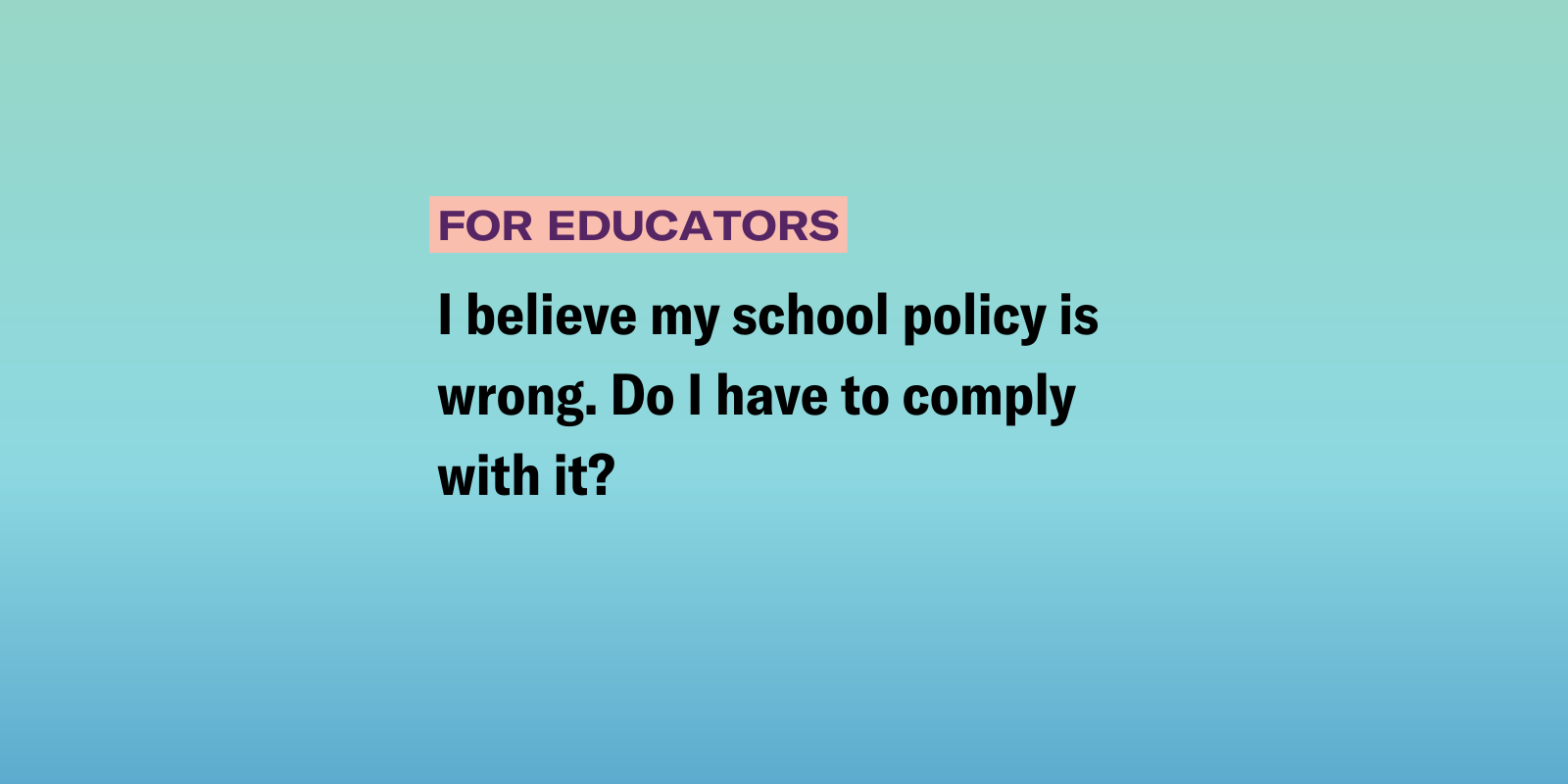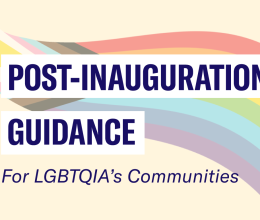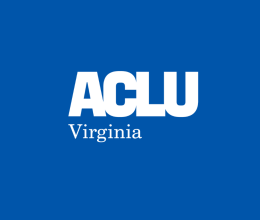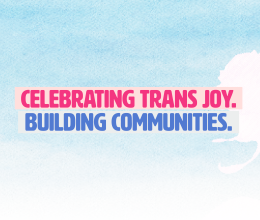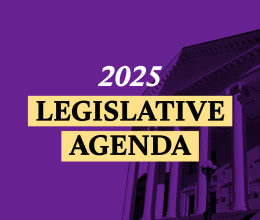Parents, educators, and allies who support inclusive, welcoming school environments where all young people, including trans and nonbinary youth, can thrive have a critical role to play.
Below are some frequently asked questions about students' rights in school and how you can best support Virginia's young people.
Go back to the Student Advocacy Toolkit
Know Your Rights for Students, including actions you can take
